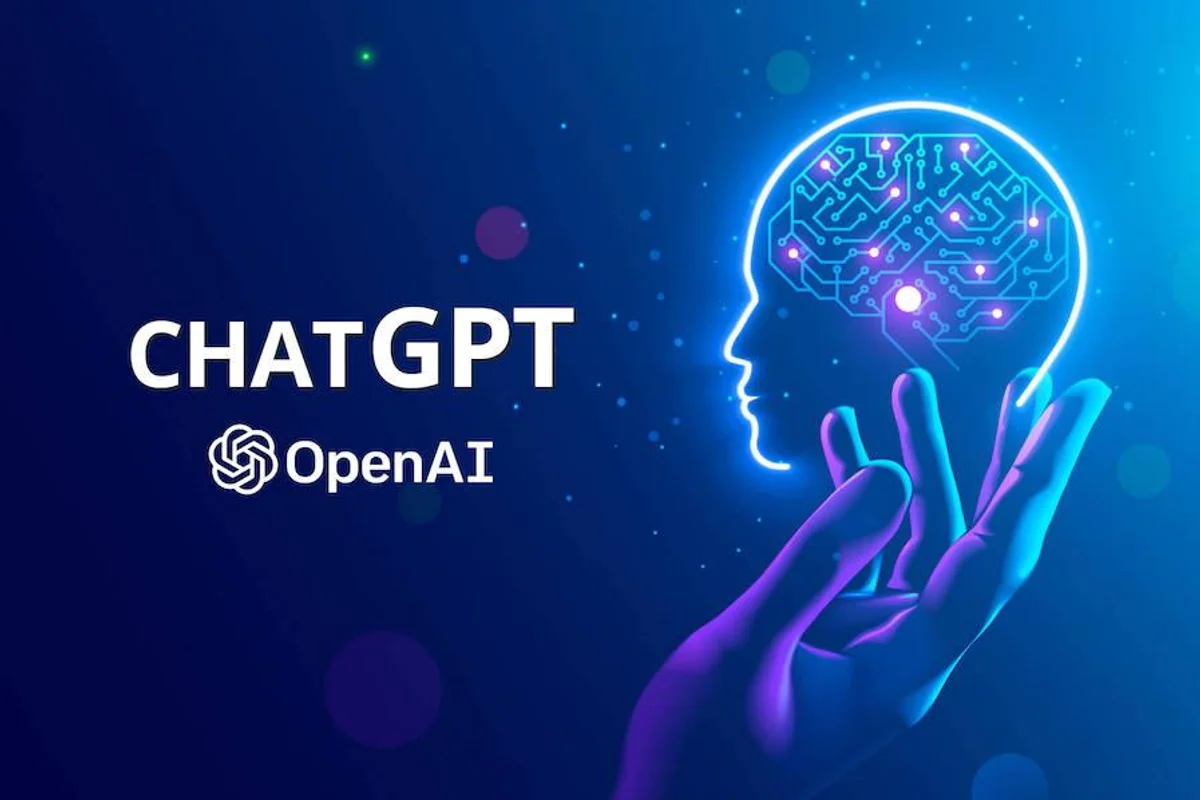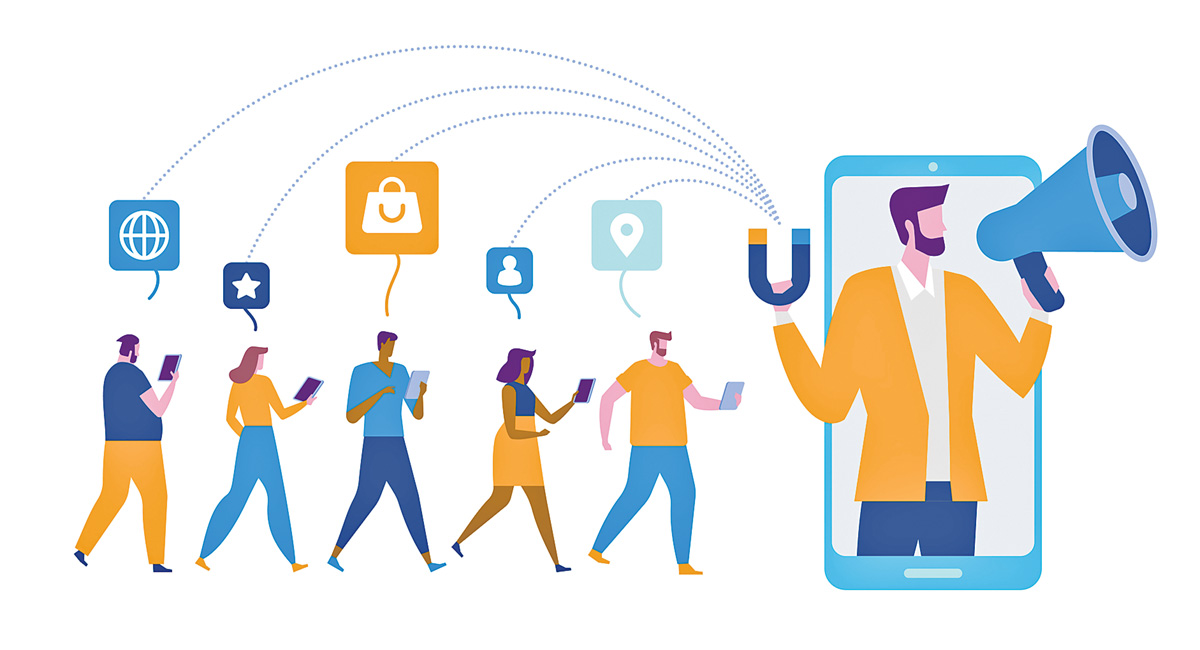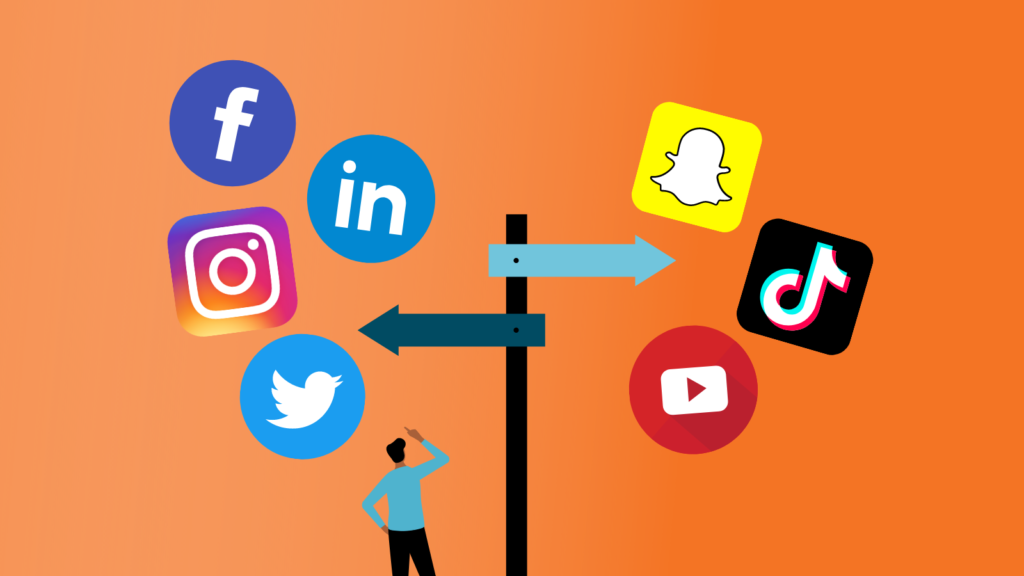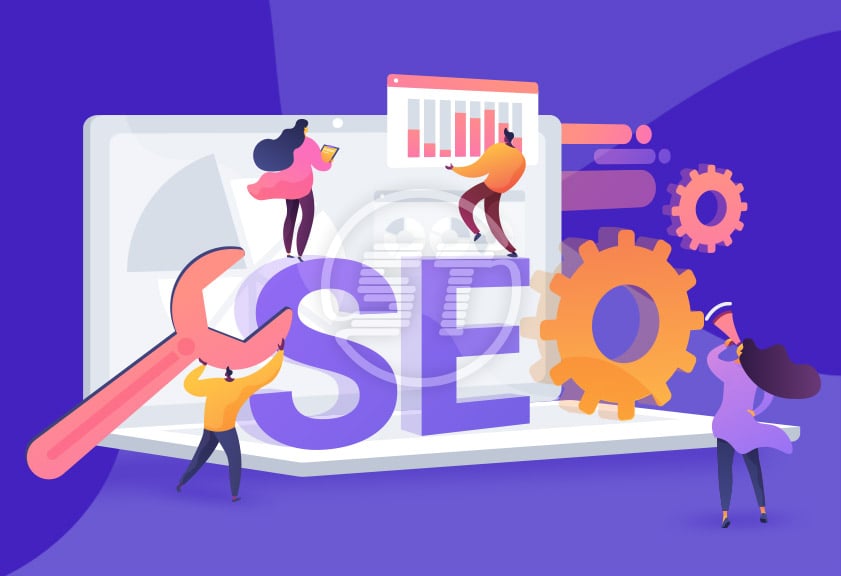Importance of social media marketing for Agencies in 2025

Social media continues to evolve, and in 2025, it has transformed from a simple networking tool into a dynamic marketing engine. For agencies, harnessing this digital power isn’t just optional—it’s vital for survival and scalability. As user behavior, platform algorithms, and content trends shift rapidly, agencies that align their strategies with these changes can achieve significant returns on investment.
Digital ecosystems today demand immediacy, relevance, and personalization. Social media, with its real-time capabilities and extensive user data, provides a powerful platform to address all three. Whether it’s creating brand awareness, generating leads, enhancing customer service, or fostering community engagement, agencies are expected to deliver quantifiable results—and social media marketing is their most direct route.
By 2025, agencies must not only manage content but also integrate strategy, automation, paid ads, influencer collaboration, and deep analytics into their client deliverables. As the demand for cohesive digital presence grows, the need for social media marketing becomes indispensable.
The Evolution of Social Media Platforms in 2025
Social media platforms are no longer just apps—they are ecosystems with advanced AI features, virtual storefronts, live commerce tools, and robust creator economies. Agencies in 2025 must deal with more than content calendars; they’re navigating:
- TikTok-style short-form content saturation across platforms
- AI-driven content recommendations
- Decentralized and private community growth (e.g., Discord, Telegram)
- Real-time social commerce integrations
- Enhanced AR and VR experiences with platforms like Meta and Snapchat
- AI-powered customer service bots within Messenger and WhatsApp
This evolution has shifted agency responsibilities. No longer are likes and shares enough—results now depend on engagement quality, conversion rates, and user sentiment.
Key Benefits of Social Media Marketing for Agencies
1. Client Visibility and Branding
A well-executed social strategy allows agencies to build a consistent and trustworthy online presence for their clients. With billions of users across platforms like Instagram, LinkedIn, and TikTok, agencies can position their clients as leaders in their industries.
2. Advanced Audience Targeting
The data-rich nature of social platforms lets agencies craft precise ad campaigns. Through behavioral insights, lookalike audiences, and remarketing techniques, campaigns are more efficient and cost-effective.
3. Real-Time Analytics and Optimization
Tools such as Meta Business Suite, Twitter Analytics, and third-party dashboards allow instant tracking of KPIs. Agencies can pivot strategies quickly based on audience interaction.
4. Community Management and CRM
Agencies now manage active communities through comment moderation, UGC curation, and DMs. This offers a chance to build loyalty and trust directly, reducing customer acquisition costs over time.
5. Integration with Overall Digital Strategy
Social media doesn’t exist in a vacuum. Agencies must blend social marketing with SEO, PPC, email marketing, and web development to ensure message consistency and performance synergy.
Important Points to Understand in 2025
Social Media Is the First Point of Contact
Users often encounter brands for the first time on social platforms. Agencies must ensure profiles are optimized, professional, and consistent across platforms.
Video Content Dominates
Short-form videos, live sessions, and interactive reels are proven formats for engagement. Agencies should prioritize video in strategy and budget allocations.
AI Integration in Content Creation
Tools like ChatGPT, Jasper, and Canva’s AI features assist in copywriting, content planning, and automation. Agencies using AI effectively gain a productivity edge.
Influencer Collaboration Is Mainstream
Agencies need strong influencer outreach programs, especially in niches like beauty, tech, travel, and fitness. Micro-influencers continue to outperform celebrities in terms of ROI.
Customer Service Expectations Are Higher
Social platforms are now customer service hubs. Agencies must monitor inboxes, tags, and mentions 24/7, offering prompt and personalized responses.
Regulatory Compliance Matters
With growing concerns over data privacy, agencies must adhere to platform rules, ad transparency standards, and legal requirements like GDPR and CCPA.
Cross-Platform Campaign Integration
Each platform offers unique advantages. Agencies must develop strategies that use these platforms in unison rather than isolation.
Some Points That Define 2025 Social Media Landscape
Automation Saves Time: Agencies using scheduling and response automation tools like Buffer, Hootsuite, and Sprout Social are scaling faster.
Personalization Wins: One-size-fits-all is obsolete. Segmentation and tailored messaging yield better engagement and conversions.
Native Shopping Features: Platforms now allow product tagging, instant purchases, and AR previews—creating seamless buying experiences.
UGC Drives Trust: Agencies promoting real user stories and testimonials outperform those relying solely on branded content.
Data Visualization Tools Help in Reporting: Clients expect easy-to-read reports. Tools like Google Looker Studio and Power BI are now essential.
The Role of a Top Social Media Marketing Company
In an increasingly saturated market, working with a top social media marketing company provides a competitive advantage. These firms offer deep expertise, AI-powered analytics, and platform-specific knowledge, enabling agencies to craft strategies that convert.
They bring:
Experienced Content Strategists: They know which formats work best per platform.
Creative Designers: Visual storytelling is crucial, and top agencies ensure professional visuals.
Analytics Experts: Measurement is key. These companies monitor engagement, CTRs, impressions, and more.
Dedicated Account Managers: Effective communication and strategy implementation depend on these roles.
Paid Ads Specialists: From Meta Ads to LinkedIn Sponsored Posts, they help maximize ROI with minimal ad spend.
A top social media marketing company not only executes but also advises, strategizes, and adapts with evolving trends—making them an ideal partner for brands and agencies alike in 2025.
How Agencies Can Leverage Social Media Marketing More Effectively
1. Multi-Channel Management Tools
Managing multiple platforms manually is inefficient. Agencies using consolidated dashboards can publish, monitor, and engage from a single interface.
2. Data-Backed Strategies
Using historical and real-time data, agencies can identify patterns, best posting times, audience demographics, and content preferences.
3. Employee Advocacy Programs
Encouraging employees to share content increases reach. Agencies are now building internal influencer campaigns within client organizations.
4. Trend Spotting and Hashtag Research
Keeping up with viral challenges, memes, and cultural events helps agencies remain relevant. Tools like BuzzSumo and Exploding Topics assist in trend discovery.
5. Paid and Organic Balance
Agencies need to balance paid promotion with authentic, organic engagement. An overreliance on ads can hurt brand trust, while organic-only approaches lack scale.
6. Crisis Management Protocols
From negative reviews to viral controversies, agencies must prepare swift response protocols to protect brand reputation.
7. Collaboration with Creators
Creators aren’t just influencers—they’re co-marketers. Co-branded content with creators resonates better and builds long-term trust.
Challenges Agencies Face in Social Media Marketing in 2025
1. Platform Algorithm Changes
Frequent updates to algorithms on Instagram, X (formerly Twitter), and TikTok can affect reach drastically. Agencies must stay agile.
2. Content Fatigue
Users are bombarded with content. Standing out requires creativity, strategy, and real human connection.
3. Rising Ad Costs
As competition increases, so do CPMs and CPCs. Agencies must refine targeting to maintain profitability.
4. Staff Burnout
Always-on engagement, 24/7 monitoring, and content demands can overwhelm teams. Proper resource allocation and automation tools help manage the load.
5. Client Education
Agencies must educate clients about realistic expectations, such as the time needed to build engagement or the lifecycle of a campaign.
Future Trends That Will Influence Social Media Marketing
1. Social Commerce Boom
Shopping directly from Instagram or TikTok will become standard. Agencies must integrate e-commerce within social strategies.
2. Virtual and Augmented Reality
AR filters, VR product demos, and metaverse branding are becoming vital in experiential marketing.
3. AI-Driven Personalization
AI tools will hyper-personalize user experiences. Agencies must learn to leverage AI not just for copywriting, but also audience segmentation and timing.
4. Decentralized Social Media
Blockchain-based social platforms like Mastodon or Lens Protocol are emerging. Agencies should monitor and prepare for Web3 marketing.
5. Sustainability and Ethical Branding
Consumers in 2025 prefer transparent, eco-conscious brands. Agencies must integrate ethical storytelling into campaigns.
Conclusion
The importance of social media marketing for agencies in 2025 cannot be overstated. As digital interactions dominate consumer behavior, agencies that master social media marketing will outpace those who don’t. From client visibility to data analytics, personalized engagement to platform diversification—social media plays a central role in shaping brand narratives and customer relationships.
Choosing the right tools, strategies, and partnerships is critical. Collaborating with a Top Social Media Marketing Company enhances efficiency, creativity, and return on investment. As the landscape continues to evolve, agencies must stay ahead by embracing innovation, nurturing talent, and delivering real value through social media.
By committing to excellence in social media marketing, agencies not only future-proof their operations but also become indispensable allies to the brands they serve in this dynamic, hyper-connected world.
Note: IndiBlogHub features both user-submitted and editorial content. We do not verify third-party contributions. Read our Disclaimer and Privacy Policyfor details.







